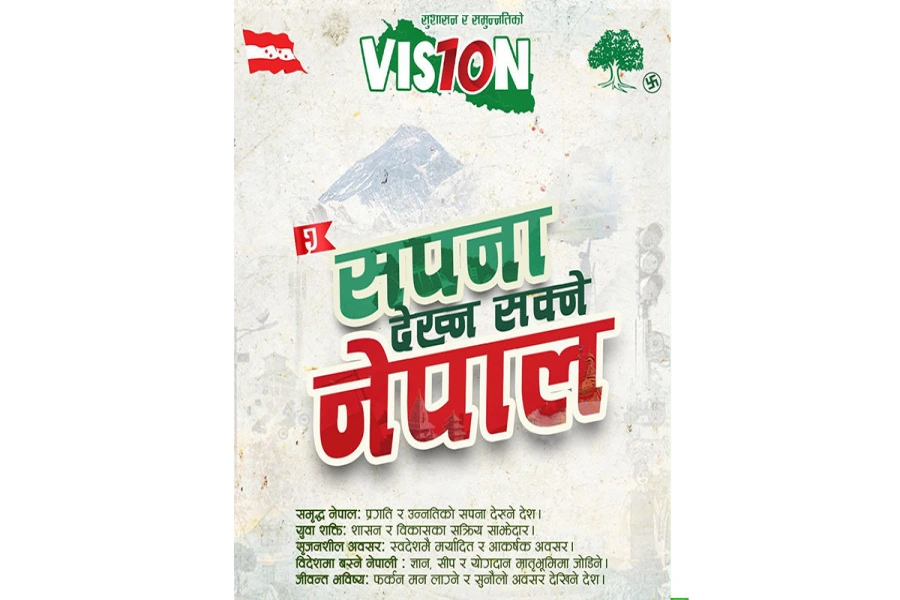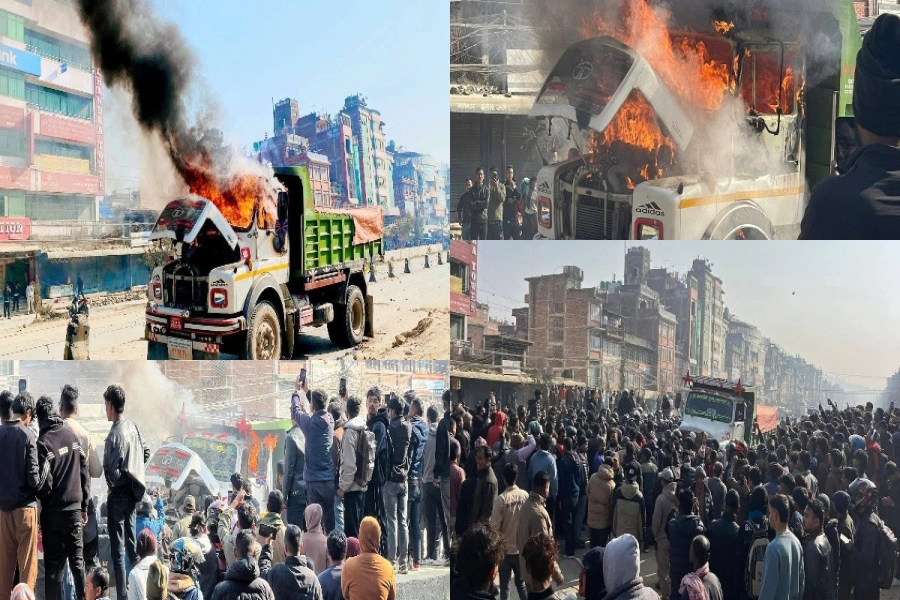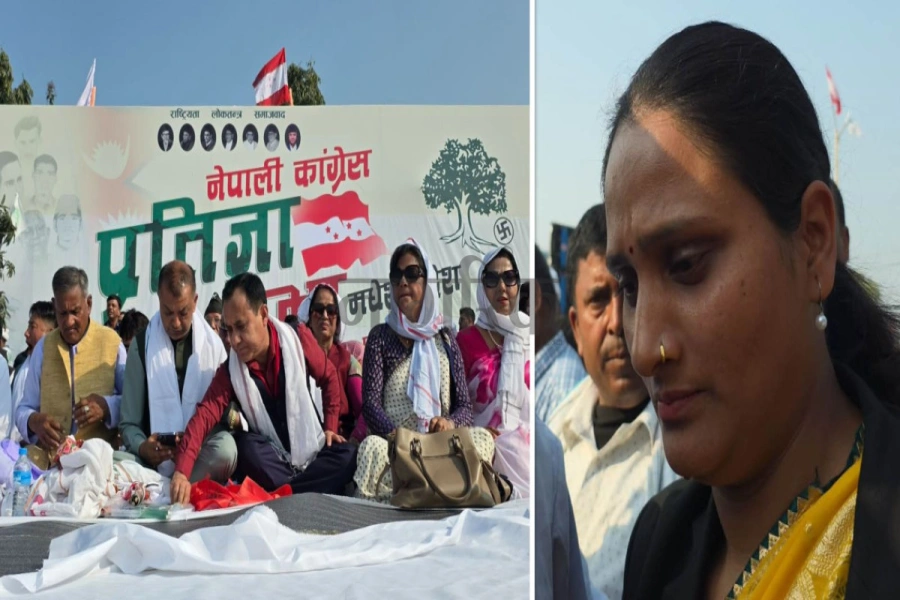KATHMANDU, April 8: The Nepal Airlines Corporation (NAC) attempted to secure a 'soft loan' (concessional loan) of approximately Rs 135 billion from an international agency to manage its internal debt and acquire new aircraft, but it was unsuccessful in obtaining the loan. Due to the high interest costs associated with internal loans, the corporation pursued a soft loan; however, foreign entities did not express interest.
NAC Spokesperson Ramesh Poudel stated that after the initial loan application was not received, the corporation made repeated requests to international financial institutions for an 18-million-dollar soft loan for financial management and aircraft acquisition. "Since we did not receive any responses to our loan application, we have resubmitted the proposals," said Poudel.
With the NAC's current loan interest rates exceeding 10 percent, the corporation sought subsidized loans with interest rates below 5 percent. The NAC is obligated to repay around Rs 50 billion in loans obtained from the Employees Provident Fund (EPF) and Citizen Investment Trust, primarily used for purchasing Airbus aircraft. The corporation aimed to utilize Rs 55 billion to settle Airbus-related debts, Rs 75 billion for new aircraft acquisition, and Rs 5 billion for a hangar.
The NAC's strategy involved acquiring loans at favorable interest rates to manage debts and procure new aircraft. Poudel said, "We are seeking loans with favorable interest rates to facilitate internal management and new aircraft acquisition."
ADB provides USD 150 million concessional loan for SASEC Airpor...

The NAC plans to purchase three Airbus aircraft for international flights and expects domestic and foreign financial institutions to offer loans at subsidized interest rates. The corporation will provide physical assets, aircraft, projects, or other collateral as required by the lenders to secure the loan. Given its a government-owned corporation, the Nepal government will also provide backing. Currently, the NAC operates only four aircraft on international routes.
NAC officials view the pursuit of low-interest loans from foreign sources positively, as it is crucial for business expansion and acquiring new aircraft.
The NAC is considering the purchase of new aircraft with a concessional loan, which is expected to boost tourism promotion. However, the process of aircraft procurement in Nepal has consistently been mired in controversy.
It has been six months since the NAC began the process of acquiring three aircraft for domestic operations, but the arrival of these aircraft has been delayed. On October 22, 2023, three companies responded to international tenders to supply three narrow-body aircraft: Hindustan Aeronautics Limited (India), de Havilland (Canada), and Aircraft Industries (Czech Republic). Although applications have been received, the NAC is yet to complete the evaluation process and make a selection.
Currently, the NAC operates with only two Twin Otter aircraft, which is insufficient to meet service demands. The delay in purchasing new aircraft further exacerbates this issue.
To expand its services to the remote areas in the country, the NAC is seeking to purchase aircraft suitable for short takeoff and landing in hilly terrains. The plan is to acquire three small aircraft at a cost of approximately Rs 3 billion, funded by the sale of shares in Soaltee Hotel. This decision follows recommendations from a committee appointed to study the structure and management of the corporation. The committee advised selling shares in Soaltee Hotel to finance the purchase of new aircraft.
The Twin Otter aircraft, which the NAC plans to buy, has a market value of around Rs 1 billion each. With only two Twin Otters currently available for domestic flights, the NAC is in dire need of expanding its fleet.
The corporation's efforts to formulate a successful business plan have been hindered by political interference and the tendency to use the NAC as a venue for political appointments, rather than focusing on professional and strategic development. Despite the formation of several high-level committees aimed at reforming the NAC and multiple reports prepared over time, their recommendations have not been implemented.
Decisions within the NAC, including those related to aircraft procurement, have been contentious, partly due to the influence of the Ministry of Culture, Tourism and Civil Aviation. The financial health of the NAC is poor, and the condition of Nepal’s national flag carrier remains concerning.





































